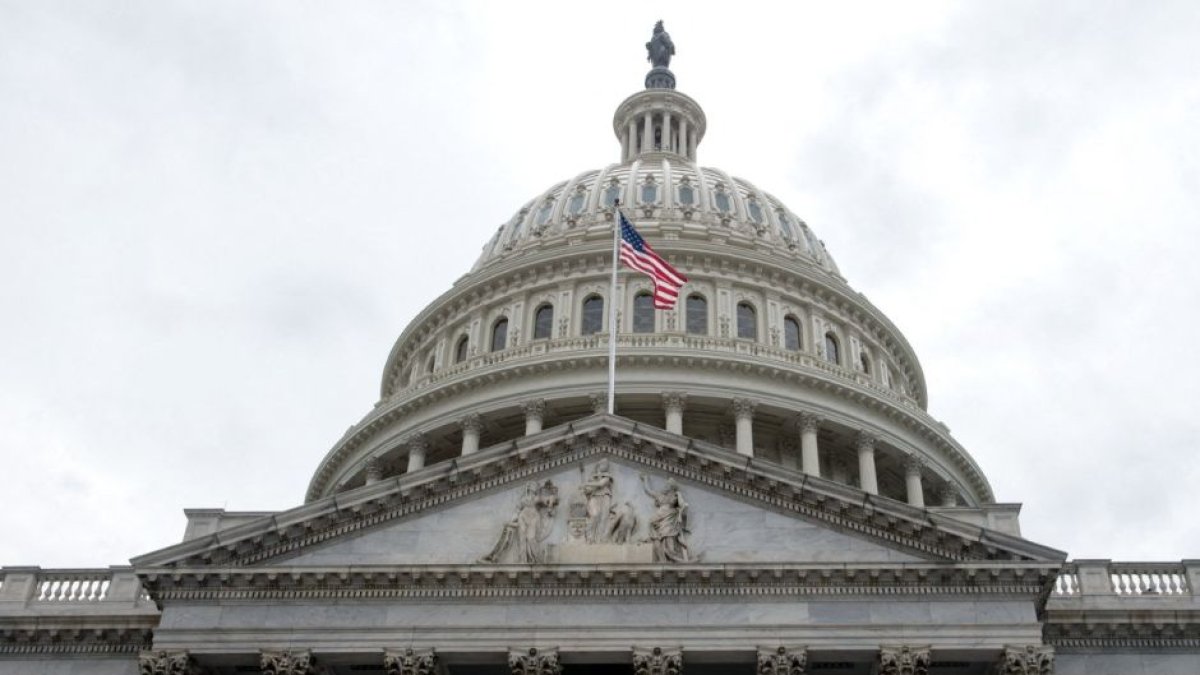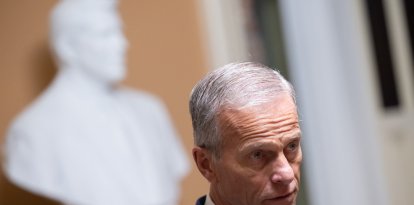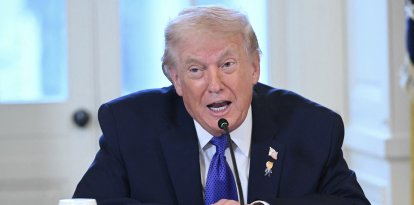Negotiations on government budget delayed in the Senate
If no significant progress is made, Congress may be forced to resort to a new stopgap spending measure.

The United States Capitol in Washington, DC.
Talks on a government spending deal continue to stall, generating growing concerns among top Senate negotiators.
Sources close to the negotiation revealed to Axios that Senators Susan Collins(R-Maine) and Patty Murray(D-Washington), who are responsible for appropriating funds in the upper chamber, privately expressed concern to their colleagues, warning that legislative priorities are drifting away from a fundamental agreement on government funding.
If significant progress is not made, Congress could be forced to resort to a new interim spending extension or, worse, an omnibus spending package, a highly unpopular option among some sectors of the Republican Party.
Deadline looms
The current spending deal expires on March 14, intensifying the pressure on negotiators. Without a deal before that date, the administration could face serious difficulties in operating effectively. The worst-case scenario for the GOP would be a government shutdown while they control both the White House and Congress.
Misalignment of priorities and spending discrepancies.
The biggest obstacle in the negotiations remains the disparity between the House and Senate spending proposals. Currently, there is a gap of more than $30 billion in appropriations priorities. The two sides are still no closer to an agreement on how to close that gap, leaving the economic future of the federal government on hold.

























